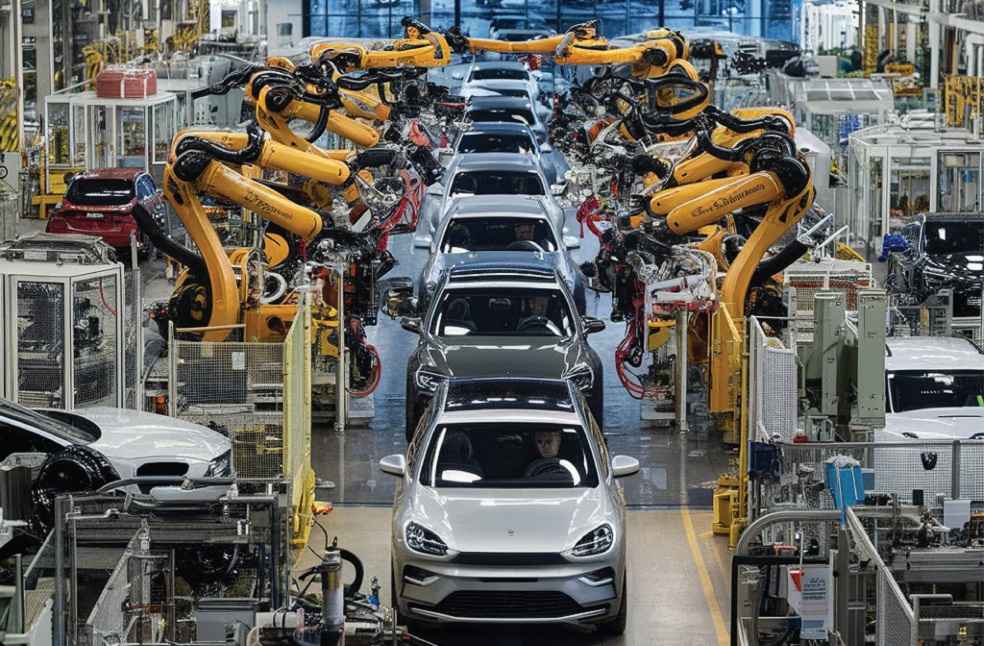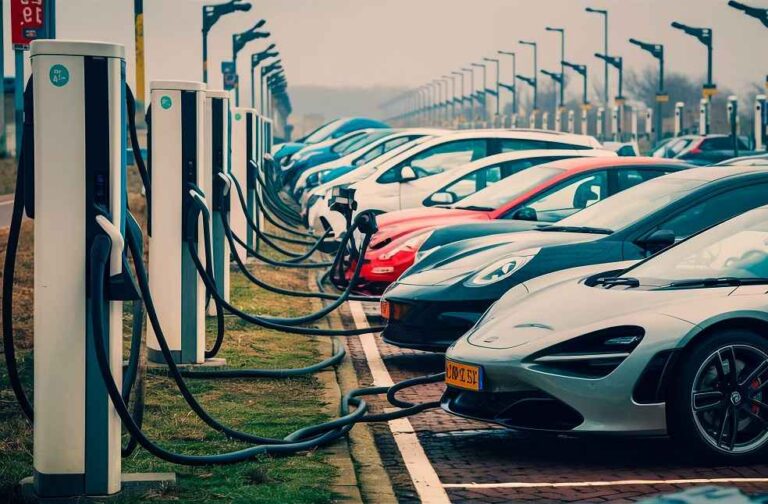Brussels (Capital of Belgium): Concerns are rising in the EU electric vehicle market as the shrinking market share of battery electric vehicles (BEVs) continues to signal challenges for the industry’s growth across the European Union.
The European Automobile Manufacturers’ Association (ACEA) has called for immediate action from EU policymakers to address the decline, warning that the sector’s competitiveness is at risk if no urgent relief measures are implemented before new CO2 targets for cars and vans come into force in 2025.
According to the latest data from ACEA, EU battery-electric sales have dropped by 8.4% so far this year, with market share decreasing from 13.9% in 2023 to 12.6% in 2024. This downward trend comes at a time when car sales in the EU are still 18% lower than pre-pandemic levels. The data points to a broader decline in the market, affecting various brands, including those beyond ACEA members.

ACEA attributes the decline to several missing components in the transition to zero-emission vehicles. “We are facing a shortage of essential infrastructure like charging points and hydrogen refueling stations,” stated the ACEA Board. “We also need a more competitive manufacturing environment, affordable green energy, and continued incentives for consumers to adopt electric vehicles.”
The association expressed concern over the looming 2025 CO2 reduction targets for cars and vans, citing geopolitical and economic challenges that have shifted significantly since the targets were set. ACEA highlighted that failure to meet the emission goals could lead to multi-billion-euro fines, unnecessary production cuts, and job losses, further weakening Europe’s automotive supply chain at a time of fierce global competition.
Adding to the concerns, a recent McKinsey report found that only 16% of European non-electric vehicle owners are considering an EV for their next purchase, down from 18% in 2021. Alarmingly, nearly 20% of current BEV owners are considering a return to internal combustion engine vehicles.
The industry is urging the European Commission to accelerate the review of CO2 regulations for both light- and heavy-duty vehicles, currently scheduled for 2026 and 2027, to 2025. ACEA argues that without such changes, the EU is unlikely to meet its 2050 transport decarbonisation targets, despite automakers having invested billions in electrification.

To meet CO2 targets, the EU will need to ramp up its infrastructure significantly, requiring eight times more charging points per year by 2030. “We stand ready to engage with the EU on a package of short-term relief measures and a fast-tracked review of CO2 regulations,” said ACEA. “This is critical to securing Europe’s industrial future and ensuring the zero-emission transition remains on track.”
The call for urgent action comes as Europe faces increasing pressure from other automotive regions that are advancing in the electric vehicle space, posing a direct challenge to the EU’s goal of leading the global transition to zero-emission vehicles.
MOST READ | Altilium, Enva Launch UK’s First Major EV Battery Recycling Initiative





